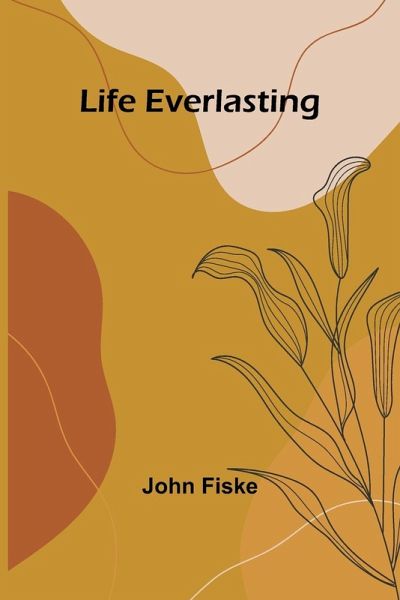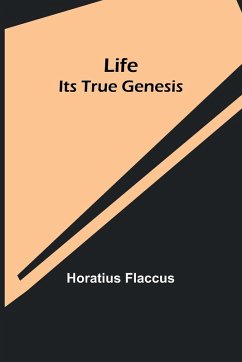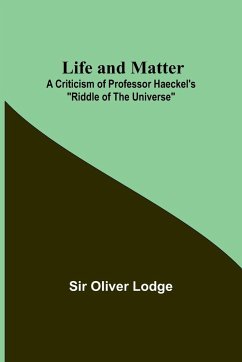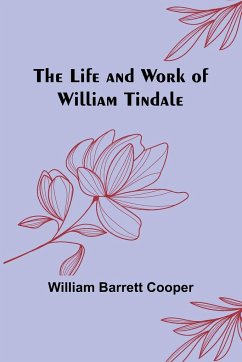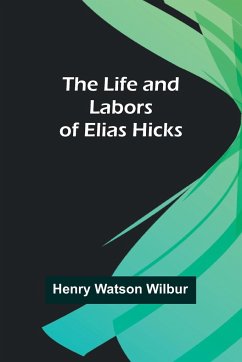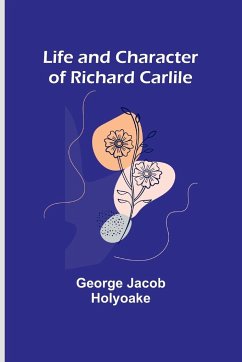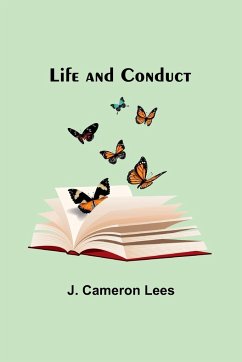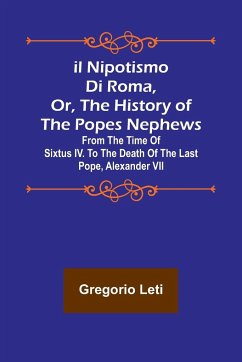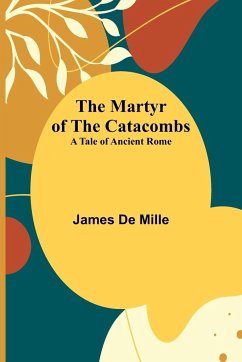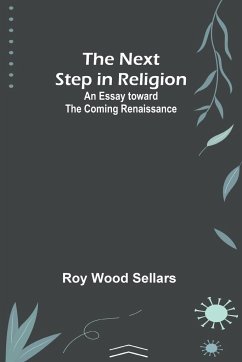John Fiske was an American philosopher and historian. He was highly influenced by Herbert Spencer and incorporated Spencer's evolutionary principles into his own studies on languages, philosophy, religion, and history. John Fiske was born Edmund Fiske Green on March 30, 1842, in Hartford, Connecticut. He was the sole child of Edmund Brewster Green of Smyrna, Delaware, and Mary Fiske Bound of Middletown, Connecticut. His father edited newspapers in Hartford, New York City, and Panama before dying in 1852. His widow married Edwin W. Stoughton of New York in 1855. Edmund Fiske Green took the name of his maternal great-grandfather, John Fiske, when his mother married for the second time. From 1869 to 1871, he was a philosophy professor at Harvard, then a history instructor in 1870, and finally an assistant librarian from 1872 to 1879. After quitting from the latter job in 1879, he was elected to the board of overseers and was re-elected when his six-year term expired in 1885. Beginning in 1881, he spoke on American history at Washington University in St. Louis on an annual basis, and he became a professor of American history there in 1884, but he continued to live in Cambridge, Massachusetts.
